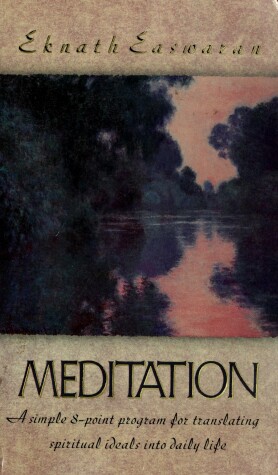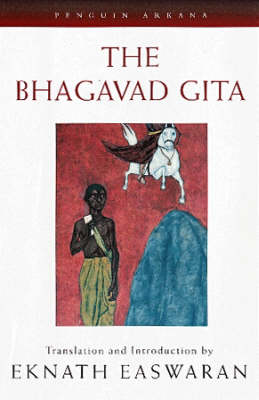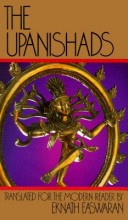Arkana S.
3 total works
The Bhagavad Gita, "The Song of the Lord," is probably the best known of all the Indian scriptures, and Easwaran's clear, accessible translation is the best-selling edition. The Gita opens dramatically, with prince Arjuna collapsing in anguish on the brink of a war that he doesn't want to fight. Arjuna has lost his way on the battlefield of life, and turns to his spiritual guide, Sri Krishna, the Lord himself. Krishna replies in 700 verses of sublime instruction on living and dying, loving and working, and the nature of the soul. This book includes an extensive and very readable introduction, which places the Gita in its historical setting, explains the key concepts, and brings out the universality of its teachings. Individual chapter introductions prepare the reader for the main themes, and notes, a Sanskrit glossary, and an index are included. Although the battlefield is a perfect backdrop, for Easwaran the Gita's subject is the war within, the struggle for self-mastery that every human being must wage. Arjuna's dilemma is acutely modern, and the Gita's message remains as relevant for us now as it was for ancient India.
Among the oldest of India's spiritual texts, the Upanishads are records of intensive question-and-answer sessions given by illumined sages to their students - in ashrams, at family gatherings, in a royal court, and in the kingdom of Death. The sages share flashes of insight, extraordinary visions, the results of their investigation into consciousness itself. The Upanishads have puzzled and inspired wisdom seekers from Yeats to Schopenhauer. In this best-selling translation, Eknath Easwaran makes these challenging texts more accessible by selecting the passages most relevant to readers seeking timeless truths today. This book includes an overview of the cultural and historical setting, with chapter introductions, notes, and a Sanskrit glossary. But it is Easwaran's understanding of the wisdom of the Upanishads that makes this edition truly outstanding. Each sage, each Upanishad, appeals in a different way to the reader's head and heart. For Easwaran, the Upanishads are part of India's precious legacy, not just to Hinduism but to humanity, and in that spirit they are offered here.


